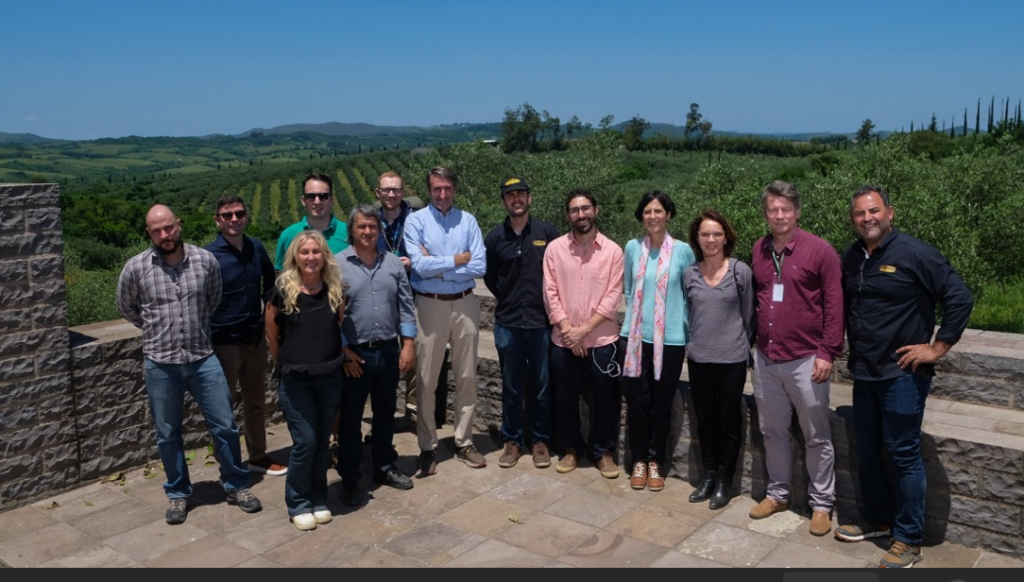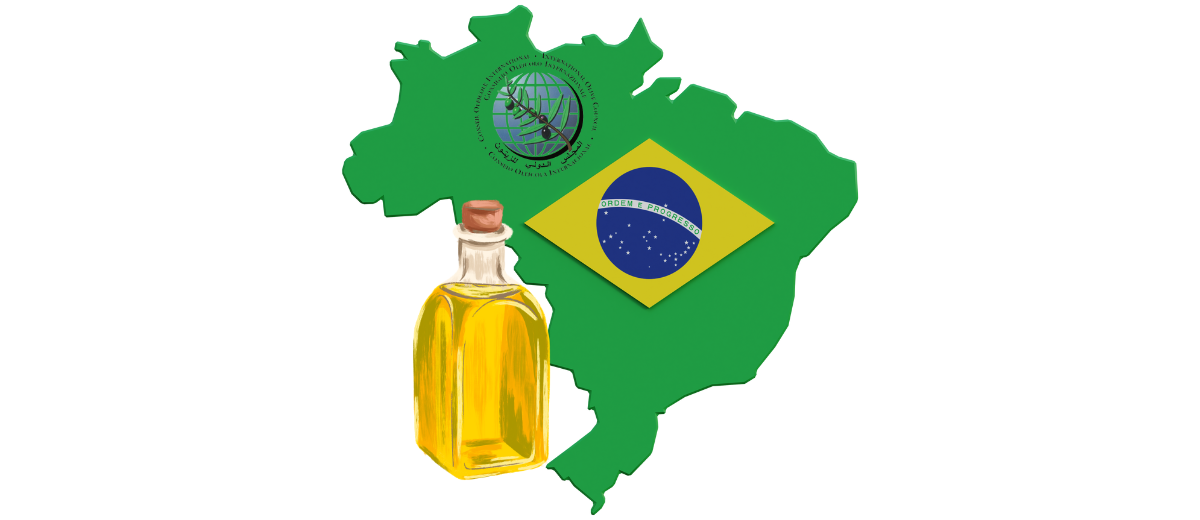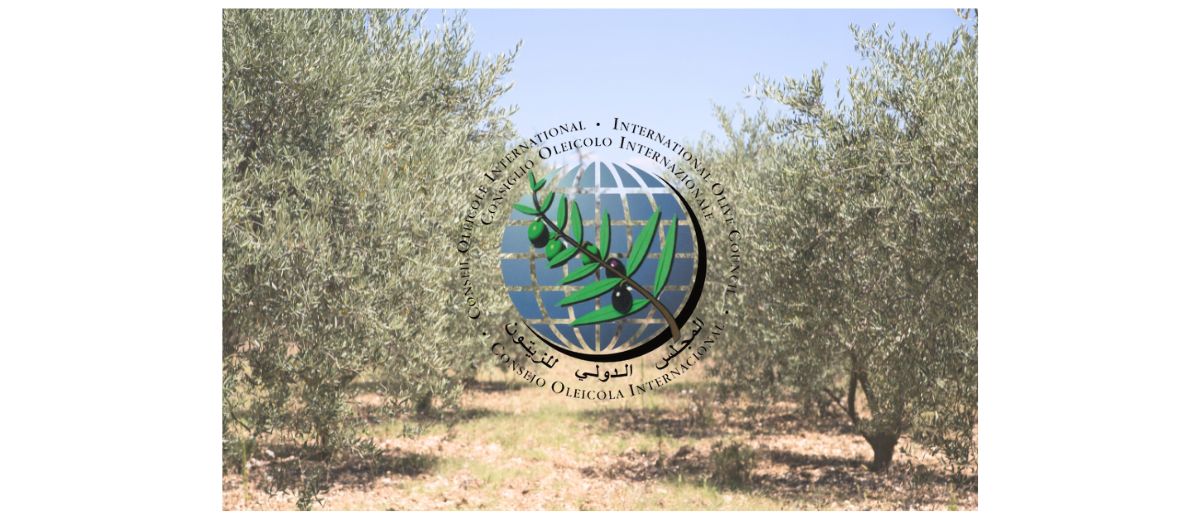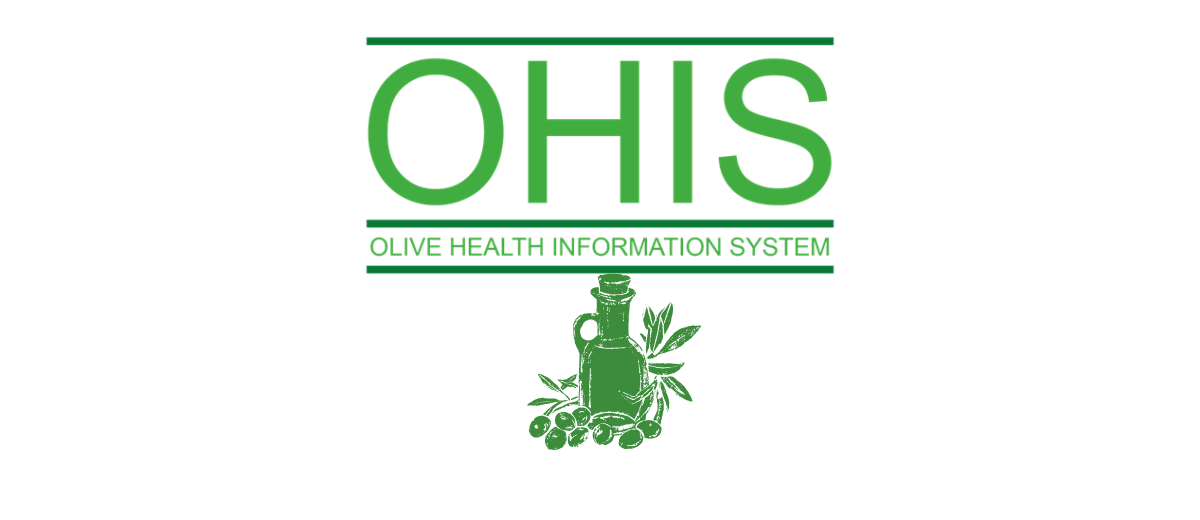Executive Secretariat meets with local Brazilian producers
As announced at the 119th session of the IOC Council of Members, 2024 marks the start of a campaign to promote the IOC in Brazil. In addition to working with a public relations agency selected through a call for tenders, the IOC has, over the last few months, strengthened its connections with representatives from the Brazilian Ministry of Agriculture and the Brazilian Embassy in Spain. This has been to better understand Brazil’s needs and design an effective campaign.
The promotional campaign, which the IOC will run until 2027 in Brazil, targets a growing middle class and rising awareness of the health benefits of olive products to increase olive oil consumption. Its objectives are to promote Brazil’s integration into the IOC, raise awareness of the IOC’s standards, and provide training opportunities for industry players through practical sessions and networking.
Two officials from the Executive Secretariat—the Executive Director, Jaime Lillo, and the Head of the Economic Affairs and Promotion Unit, María Juárez—visited Brazil to launch the campaign through various activities.
Course on the sensory analysis of virgin olive oil
The Head of Promotion attended the inauguration of a sensory analysis training course organised by the IOC at the Federation of Agriculture and Livestock of the State of São Paulo (FAESP) from 28 October to 1 November. This course was initiated in response to requests from Brazilian authorities to establish more recognised tasting panels in the country. Thirty-one prospective panel members, selected in collaboration with the Brazilian Ministry of Agriculture, took part in this training, which aimed to encourage the use of the organoleptic assessment method for olive oil. The course concluded with a cocktail reception, where the IOC’s Executive Director and a representative of the Brazilian Ministry of Agriculture, Hugo Caruso, presented the participants with their diplomas. At a press conference held during the event, Jaime Lillo introduced the IOC’s mission to media representatives, who had the opportunity to sample two high-quality oils under the guidance of professors Susana Mattar and Ana Claudia Ellis.
The course concluded with a cocktail reception, where the IOC’s Executive Director and a representative of the Brazilian Ministry of Agriculture, Hugo Caruso, presented the participants with their diplomas. At a press conference held during the event, Jaime Lillo introduced the IOC’s mission to media representatives, who had the opportunity to sample two high-quality oils under the guidance of professors Susana Mattar and Ana Claudia Ellis.
Visit to the olive groves of Rio Grande do Sul
 The visit by the IOC Executive Director and the Head of the Promotion Unit continued in the Rio Grande do Sul region, which produces around 80% of Brazil’s olive oil. The IOC officials visited olive groves and oil mills, with the Executive Director addressing the olive-growing community and producers personally. These meetings have significantly raised awareness of the IOC’s standards and activities and encouraged producers to improve the quality, authenticity, and sustainability of their olive products.
The visit by the IOC Executive Director and the Head of the Promotion Unit continued in the Rio Grande do Sul region, which produces around 80% of Brazil’s olive oil. The IOC officials visited olive groves and oil mills, with the Executive Director addressing the olive-growing community and producers personally. These meetings have significantly raised awareness of the IOC’s standards and activities and encouraged producers to improve the quality, authenticity, and sustainability of their olive products.
Brazil, whose olive oil industry is expanding rapidly, has been an observer member of the IOC since 2018. The country is now one of the world’s largest olive oil importers, after the United States and the European Union, accounting for about 8% of global olive oil imports.










